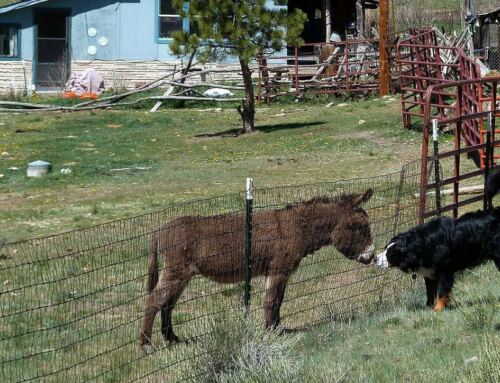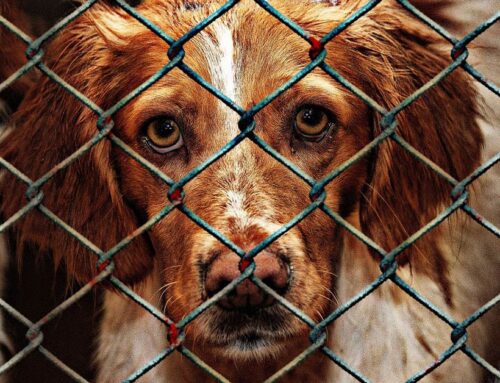Earlier this week I had a two vet visit day. Two different dogs, two different vets. While waiting in the exam room in both clinics I helped myself to some of the treats available on a counter (good treats at that, not just biscuits). I tossed them around the room encouraging dogs to ‘go find it’. I often use the isolated, quiet time to work on different ‘tricks’ with my dogs. It gives both of us something else to think about.
As it turned out Finn the border collie had gained seven pounds since our visit 3 months ago! The vet was not concerned and only suggested he lose 2 of those additional pounds. To see me in the exam room you wouldn’t be surprised that he’d gained weight, with all the treats that were flying around. The main contributor to Finn’s extra pounds was more likely caused by a change in his food. Since our last visit I’d had a nutritionist come up with a diet for him and I’d need to cut back on it. This is something I am more than happy to do. Not only do I think it is healthier for a dog to be at a good weight, it saves me money on food. Nothing wrong with that.
Both the vet and tech were very good about distracting and rewarding Finn while he was palpated, prodded and poked. At one point the tech asked me, “Do you give him treats like this at home?” Her meaning being, “Are you always handing out so many treats?” There wasn’t time for a proper response so I left it at, “No, unless I’m trying to teach them something.” The fact of the matter is that with four dogs I am usually always trying to teach one or the other something.
I’m a training opportunist, rarely setting aside time solely for training, but incorporating it into our day. At some point a behavior should be ‘trained’ and treats no longer needed, and for the most part that is the case. Do I ‘need’ to have food on me to get behaviors from my dogs. Nope. There are dozens of times a day I ask my dogs for behaviors and only reward them with either my thanks or nothing- come, sit, wait, shove over, off the couch, leave it- all happen without being followed by a food reward, or even the chance of one, countless times.
The resistance to using rewards to train dogs remains strong. I often hear a hint of pride in an owner’s voice when they tell me that they don’t use food to train their dog. We all need to continue to work on behaviors we want to become proficient at. I doubt you’d hear a concert pianist say about a piece of music, “Oh I know that one, I don’t practice it anymore.” There’s always room for improvement and one way to get it is to reward it. My dogs may never learn that going to the vet is a treat, but that doesn’t mean they can’t have a few when they’re there.





